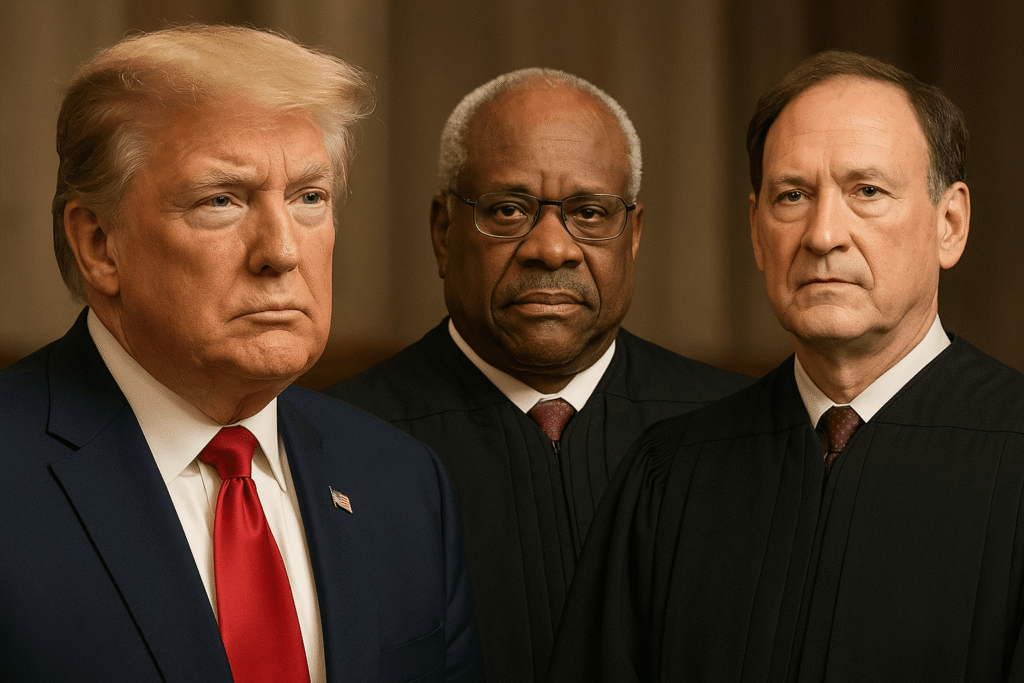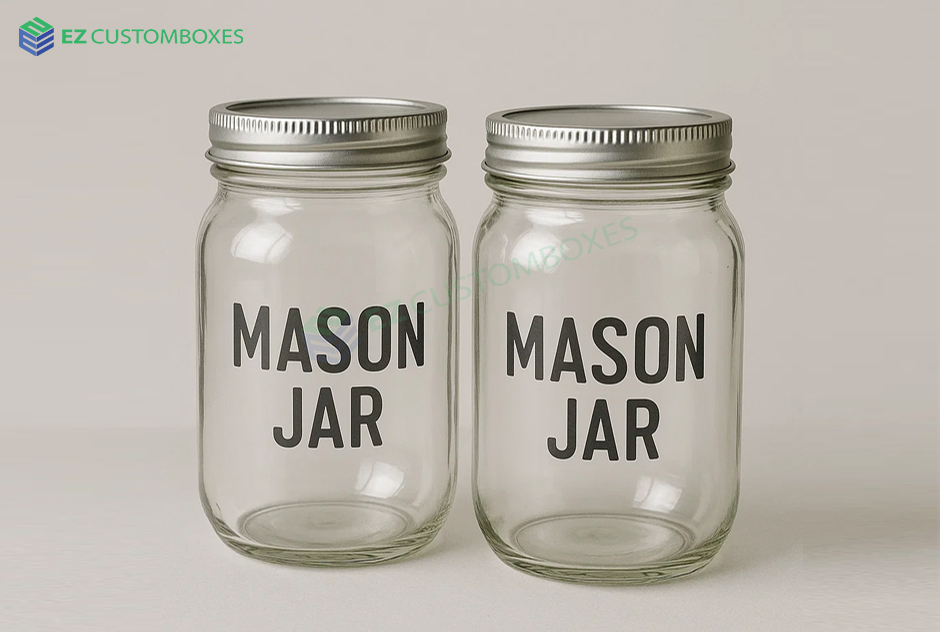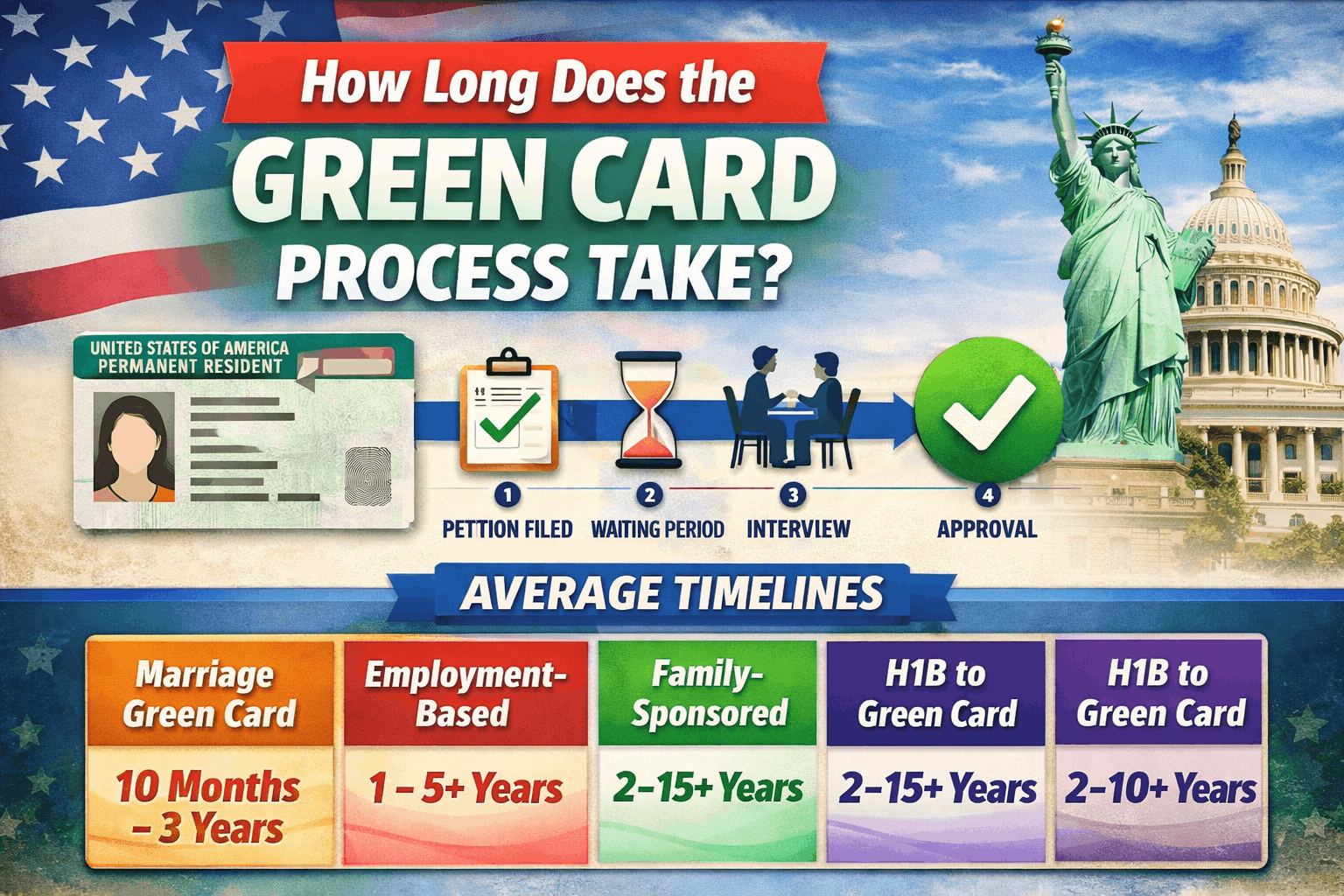|
Getting your Trinity Audio player ready... |
Donald Trump’s second-term judicial strategy is taking shape, and it looks remarkably similar to his first. His Trump court nominees so far are conservative, traditional, and deeply connected to the Federalist Society, a sign that the former president is intent on leaving an enduring mark on the federal judiciary. This shift back to conventional choices may also give Supreme Court Justices Clarence Thomas and Samuel Alito greater confidence to consider retirement, raising the stakes for America’s legal future.

A Return to Traditional Judicial Picks
In the early months of Trump’s second term, observers expected him to deviate from his first-term pattern of conservative judicial appointments. At one point, Trump even threatened to break from the Federalist Society, the influential conservative legal network that shaped his judicial agenda during his presidency. But reality tells a different story.
By mid-August, Trump had already nominated more than 20 judges to lifetime federal seats, and legal insiders say these picks mirror the conservative, credential-heavy profiles of his first term. That consistency is critical because Supreme Court justices considering retirement, such as Samuel Alito and Clarence Thomas, are closely watching the type of nominees Trump is elevating.
If they see stability and reliable conservatism in Trump’s selections, they may feel more confident stepping aside, knowing younger conservative successors would carry on their judicial philosophy.
The Emil Bove Outlier
One nomination, however, sparked controversy: Emil Bove, a Trump loyalist chosen for a powerful appellate court seat. Critics, including the Wall Street Journal editorial board, argued that Bove’s political background could unsettle federal judges considering retirement. The fear was that non-traditional picks could discourage justices like Alito or Thomas from leaving, uncertain about the quality of their replacements.
But Bove now appears to be an outlier. Since then, Trump’s nominees have been more conventional. Appellate nominee Rebecca Tabelson, for example, was praised as a strong conservative pick with deep experience, including clerkships for Justice Brett Kavanaugh and the late Justice Antonin Scalia. The Wall Street Journal noted that “better nominations mean more vacancies,” signaling confidence that Trump’s more predictable choices could encourage retirements.
Pressure on Thomas and Alito
Justice Clarence Thomas, 77, is already one of the Court’s longest-serving members, having joined in 1991. If he serves just three more years, he would set a record as the longest-serving justice in U.S. history. Yet despite his age, Thomas has given no indication he plans to retire soon.
Justice Samuel Alito, 75, has shown occasional frustration with his nearly two-decade tenure. While relatively young by Supreme Court standards, he too faces growing pressure from conservatives to consider stepping aside while Trump can install a like-minded successor.
Both justices, longtime Federalist Society affiliates, understand that the timing of their retirement could shape American law for generations. With Trump back in the White House and Republicans eager to confirm nominees, conservative activists argue that this is the best opportunity in decades to ensure their judicial philosophies endure.
Why Judicial Picks Matter Now
The stakes of Trump judicial picks go far beyond personalities. Judges on federal benches from district courts to the Supreme Court will decide the most explosive legal battles of Trump’s second term. These cases include challenges to reproductive rights, disputes over race-based measures, religious liberty cases, and questions about presidential power.
Russell Wheeler of the Brookings Institution noted that retirements among federal judges in Trump’s second term have been “relatively low” compared to other recent presidencies. Some Republican-appointed judges may be cautious, unsure of who Trump might nominate as their replacements. But as Trump shifts back to traditional conservative judicial nominees, that hesitation could fade.
The Federalist Society’s Shadow
Trump may publicly criticize the Federalist Society once calling its leaders “useless” on Truth Social but he cannot escape its influence. Nearly all of his Supreme Court nominees and lower-court judges have deep ties to the group.
Founded four decades ago, the Federalist Society has become a pipeline for conservative legal talent, ensuring that Republican presidents select judges with strong ideological consistency. Its annual conventions draw thousands of lawyers, judges, and policymakers, and even sitting Supreme Court justices often attend.
For Thomas and Alito, who are closely tied to the organization, the assurance that their successors would also come from this network may play a major role in any decision to retire.
Inside Trump’s Vetting Process
Unlike his first term, Trump has taken a more direct role in judicial vetting this time. Lawyers familiar with the process say he personally engages with potential candidates, while the White House counsel’s office coordinates the broader effort.

Day-to-day vetting is being handled by deputy counsel Stephen Kenny, a former Republican National Committee lawyer with strong party ties. Conservative activists like Mike Davis, president of the Article III Project, also influence the process, pressing Trump to choose uncompromising conservatives.
The strategy reflects a balancing act: avoiding controversial outliers like Bove while ensuring the nominees remain firmly conservative and loyal to Trump’s broader political agenda.
Conservative Momentum Builds
Trump’s choices so far highlight rising conservative stars, including Missouri Solicitor General Joshua Divine and Alabama Solicitor General Edmund LaCour, both nominated to U.S. district courts. These names carry weight in red-state legal battles and reassure Republicans that Trump’s picks will reliably defend conservative causes.
Michael Fragoso, a former Senate Republican counsel, summed it up: “Despite talk of a different type of judge this time, they’re picking the same kinds of people. It’s the same story, just some different rhetoric.”
That continuity is exactly what conservatives hoping for a Supreme Court retirement want to hear. If Thomas or Alito step down, Trump would have the chance to cement a hard-right majority on the Court for decades.
The Bigger Picture
For Trump, judicial appointments are more than a legacy they are a tool to secure his policy agenda. From immigration crackdowns to deregulation and culture-war battles, the federal judiciary is the battlefield where Trump’s second-term plans will face the toughest scrutiny.
Conservatives argue that if justices like Thomas or Alito want to see their philosophies carried forward, this is the moment. With Trump in the White House and a Republican-controlled Senate eager to confirm judges, the path is clear.







